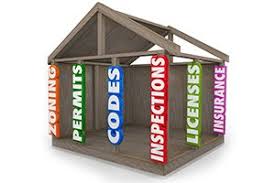 All of my work life I have heard smart real estate people use fancy terms like conforming, legal nonconforming, illegal nonconforming, conditional use permits, and variances. I would always nod my head and try to look intelligent, but the truth is that I never knew what the heck they were talking about.
All of my work life I have heard smart real estate people use fancy terms like conforming, legal nonconforming, illegal nonconforming, conditional use permits, and variances. I would always nod my head and try to look intelligent, but the truth is that I never knew what the heck they were talking about.
Then I read the following blog article by Dan Harkey, one of the smartest minds (the smartest?) in the hard money business. With Dan's generous permission, I am republishing his recent blog article, Conforming vs. Nonconforming - Making Your Property Lending Decisions. Dan writes:
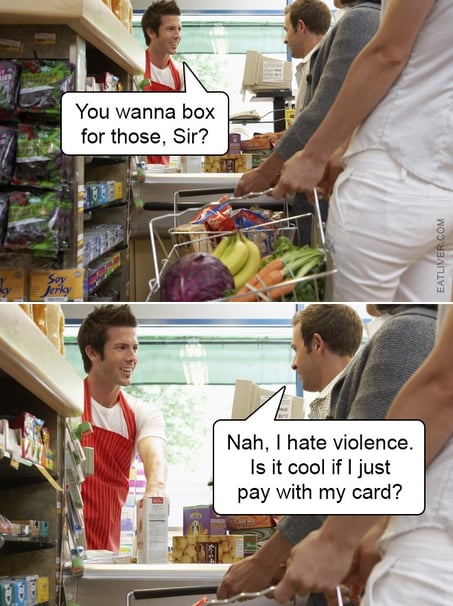
Conforming vs. Nonconforming -
Making Your Property Lending Decisions
When underwriting commercial real estate loans, or even residential loans, as a lender, it is absolutely necessary (George: Note the emphasis) to determine the property's conforming status. Is the subject property conforming, legal nonconforming, or illegal nonconforming?
Conforming Use
A conforming use is one where the subject property is in compliance with local zoning laws and the use of the property is legally permitted. Conformity is a byproduct of zoning laws and municipal ordinances which may change over a period of time.
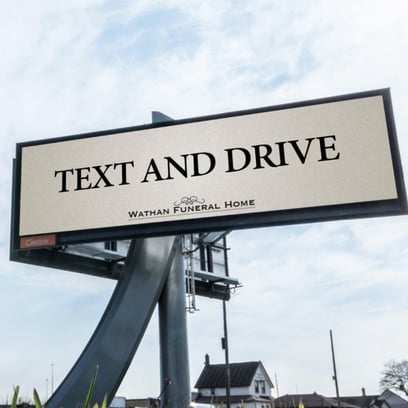
Legal Nonconforming
A legal nonconforming use is a use of lands or structure which was legally established according to the applicable zoning and municipal building laws at the time, but which does not meet current zoning and building regulations. A use or structure can become legal nonconforming due to rezoning, annexation, or revisions to the Zoning Code. (George: The government changed the rules.).
As long as a nonconforming property’s use status does not change, its legal nonconforming designation may be protected by municipality or regulatory agency. A legal nonconforming designation usually requires the property to be in continuous use. If it is vacant for a period of time, its legal nonconforming status may be lost. In some communities special or conditional use permits, variances, or site development permits may be obtained to extend or even modify legal nonconforming use.

Communities vary in the way they treat legal nonconforming properties which are destroyed. Most will allow the rebuilding of the property to its prior condition only if 50% or less of the structure is destroyed. If, however, the entire structure is destroyed, most often the owner would be required to rebuild to current zoning standards. (Helloooo? Are you lenders pay attention? You could easily lose your butt if you could only rebuild two units rather than four!)
A lender in such a case may experience a serious loss in collateral value but may be able to mitigate such a risk by obtaining the correct property and casualty insurance coverage. Endorsements to hazard policies may be available that would allow insurance proceeds to be used to build a different structure as a result of changes to building laws and ordinances. (Pay attention here! Lenders should can get a special endorsement to the fire insurance policy.)

For example, a retail strip center situated on a small lot may not have enough parking spaces to comply with current zoning requirements. If zoning changes regarding parking requirements have increased from requiring 3 spaces per thousand square feet of building to 4 spaces per thousand, the owner may be required to reconfigure the retail center’s footprint. The owner should seek knowledgeable insurance counsel to obtain this special protection. The lender should verify the type of coverage and require that they be named as mortgagee and loss payee as well as an additional insured.
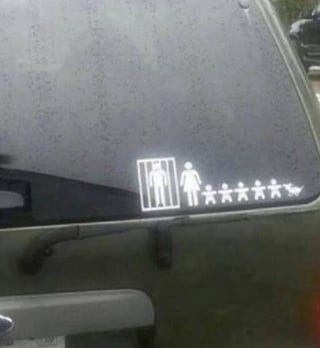
Illegal Nonconforming
Lenders are most at risk with a property which is nonconforming and has been illegally modified or is operating without proper conditional use permits. For economic reasons, owners may elect to illegally modify a property to a use that falls outside current zoning standards or the use permit framework. For example, a 4-unit building of 2 bedroom/2 baths units is converted into an 8 unit building of 1 bedroom/1 bath units. If done covertly, without approvals or permits, it becomes illegal nonconforming. This process is sometimes called bootlegging.
This example of bootlegging may be perceived as subjecting the surrounding community to unnecessary burdens. Negative impacts could include traffic, ingress and egress, inadequate parking, more transient occupancy, and a lack of approved (and possibly dangerous) electrical, plumbing and general construction.
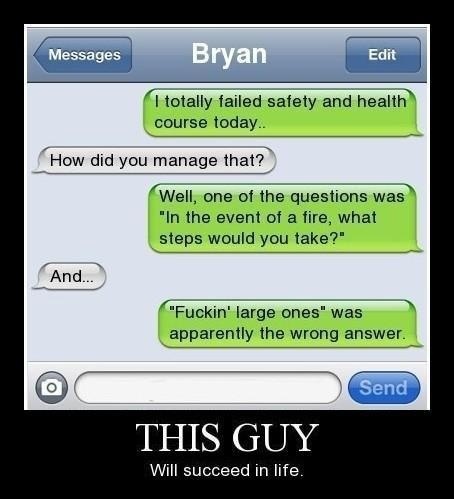
 Dan Harkey has worked for over 45 years in the hard money lending business. (To old veterans like myself, Dan is respected as an icon.). He currently consults with borrowers in need of hard money loans. Dan can be reached at 949-533-8315 or at dan@danharkey.com.
Dan Harkey has worked for over 45 years in the hard money lending business. (To old veterans like myself, Dan is respected as an icon.). He currently consults with borrowers in need of hard money loans. Dan can be reached at 949-533-8315 or at dan@danharkey.com.
Attention Accredited Investors:
A large percentage of our trust deed investors started out as borrowers. I met these guys when they applied for a $1 million loan on their strip center... and within three years I had convinced them to invest $30,000 in a first trust deed.
I know, I know, your main concern right now is getting a commercial real estate loan; but do you want to retire with $4 million or $5.5 million?
You need to put some of your retirement savings into first trust deeds. For example, are your IRA funds earning 7% to 12% interest right now? Betcha they aren't. I strongly urge you to take a quick look at our first trust deeds.
George












